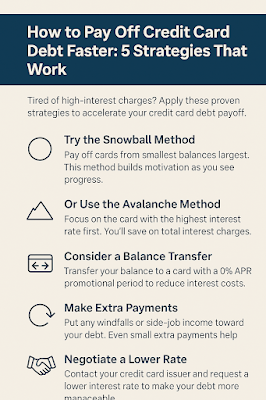Best Family Health Insurance Plans in Australia

Best Family Health Insurance Plans in Australia 2025 Family Insurance, Health Insurance, Australia, Private Health, Family Finance, Personal Finance, Medical Coverage Choosing the right family health insurance in Australia can protect your loved ones from unexpected medical expenses. With various providers and plans available in 2025, understanding coverage options, premiums, and benefits is crucial for making the best decision for your family. 1. Understanding Family Health Insurance Family health insurance plans cover multiple members under a single policy. Key features include: Hospital coverage for in-patient treatment Extras cover including dental, optical, and physiotherapy Flexible plans tailored to family needs 2. Top Providers in Australia 2025 Some of the leading providers for family health insurance include: **Medibank** – Comprehensive coverage with optional extras for children. **Bupa** – Flexible plans and extensive network of hospi...















